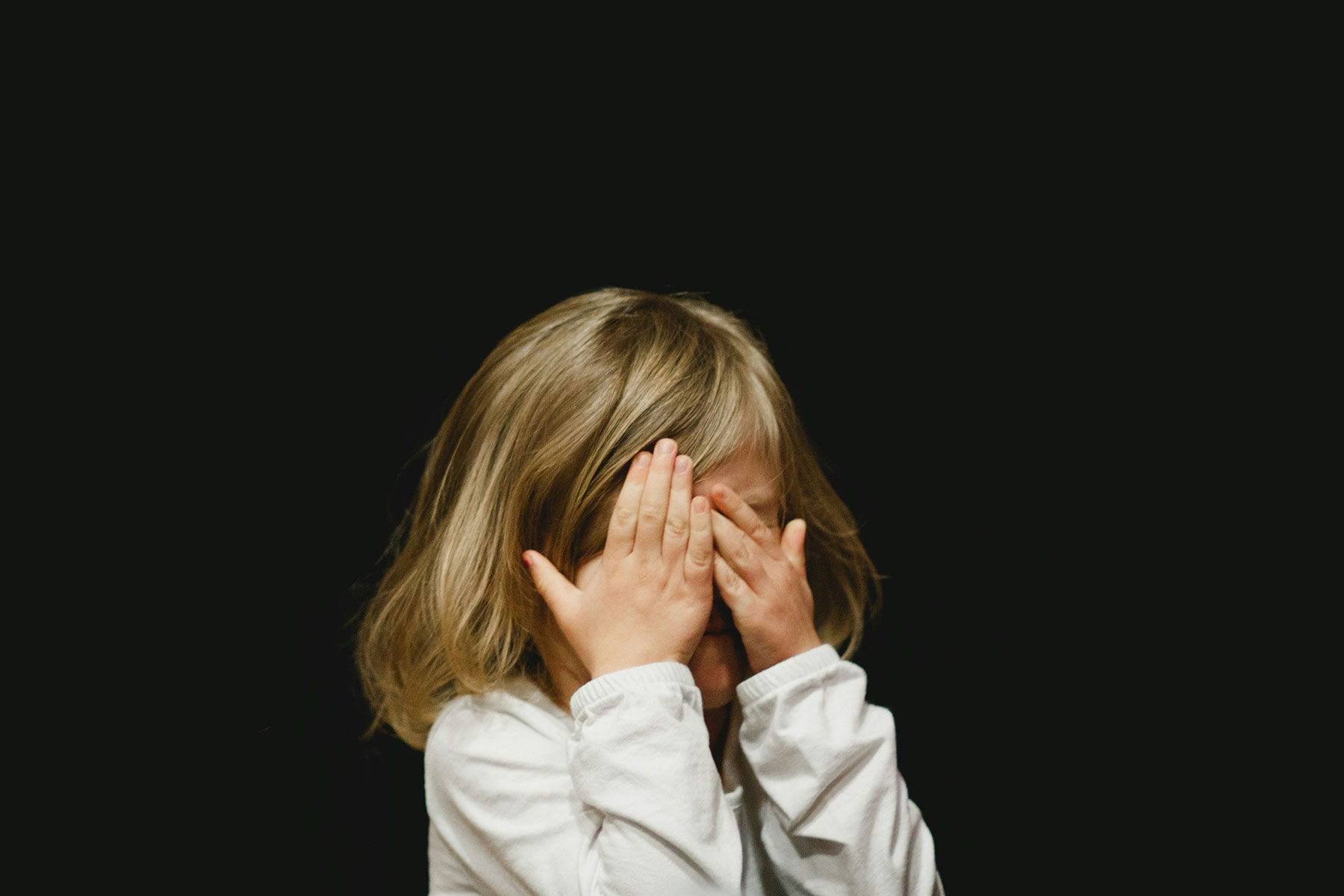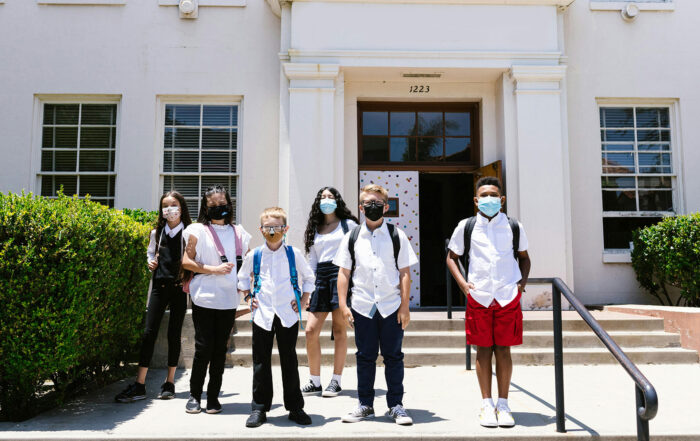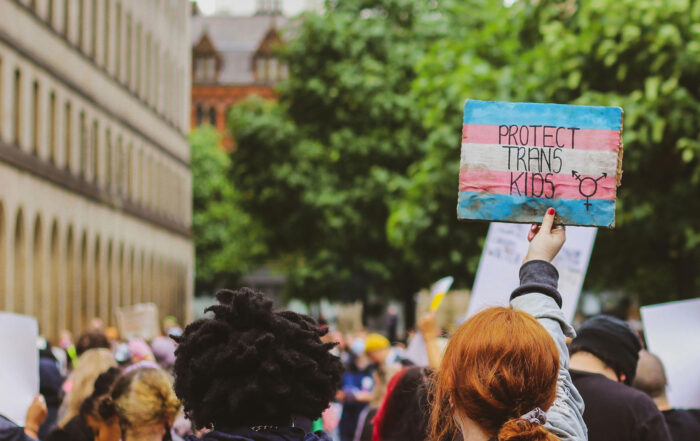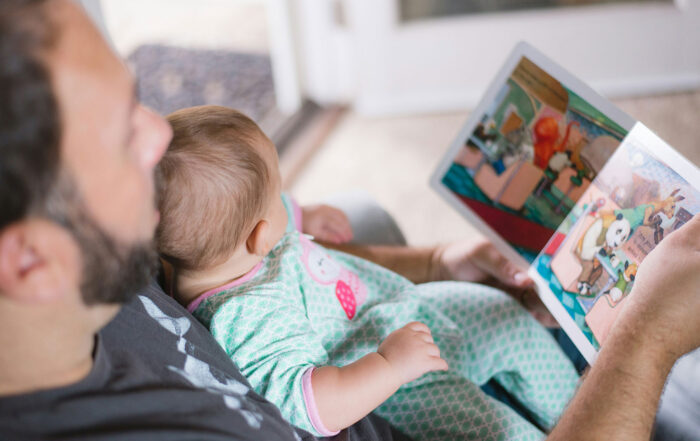
By Deborah R. Huso
EMDR has been successful in treating trauma from childhood abuse in victims and survivors young and old.
With more than 3 million instances of child abuse reported annually in the United States and probably many more cases going unreported, social workers face an often daunting client list of children and adults who are or have been victims of abuse and neglect. Left untreated, these individuals’ chances of leading lives fraught with substance abuse, incarceration, unwanted pregnancies, and future psychological conditions are multiplied by many degrees.
In the last two decades, however, researchers have made major strides in developing methods for treating victims and survivors of child abuse, including therapies that work as well (and in some cases better) with children as with adults. Among the most successful of these treatments is Eye Movement Desensitization and Reprocessing (EMDR), a therapeutic process that uses eye movements, sounds, and repetitive motions to help clients process and come to terms with traumatic memories more quickly than talk therapy alone. And since many children and some adults are unable to verbalize traumatic experiences, EMDR can often provide the breakthrough that more traditional therapies can’t.
Share This Post!
What is test anxiety and how can we support students when they experience it?
As the first day of school approaches, parents and children gather their backpacks as educators finalize lesson plans and ready their classrooms. The new school year offers a fresh start for students [...]
Managing stress during the COVID-19 pandemic
While we are all focusing on taking care of our physical health as the outbreak of COVID-19 develops, it’s also important to keep our mental health a priority. When there is a [...]
Integrating parents with trauma histories into child trauma treatment: Establishing core components.
To identify core components of parent/caregiver integration into evidence based child trauma treatment models, specifically those parents/caregivers who have experienced trauma themselves. The Parent/Caregiver Trauma and Healing Coordinating Group (PCTHCG) of the [...]
‘All Kinds Of Trauma’: Students Are Returning To School, But Are We Ready To Help Them Cope?
Rosalinda Guzman was inside a bathroom stall at school when something begged for attention. It was on the door, where the school posts announcements. “That little tiny piece of paper was just [...]
Identifying the Intersection of Trauma and Sexual Orientation and Gender Identity: Part I: Key Considerations
WHY ASK ABOUT SEXUAL ORIENTATION AND GENDER IDENTITY? There is a growing body of evidence showing that Lesbian, Gay, Bisexual, Transgender, and Queer/Questioning (LGBTQ+) youth suffer from potentially traumatic events (PTEs) at [...]
Heal trauma with rhythm
Anyone who’s soothed a fussing baby knows that gentle rocking often does the trick. The vestibular (balance-related) stimulation that rocking creates is certainly a part of that. Equally important is the rhythm [...]







